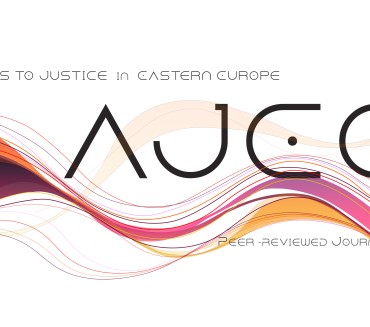Summary: 1. Introduction. – 2. Methodology. – 3. Research Findings: Wage Guarantees and Minimum Wage in the EAEU. – 4. Remuneration of Labour Migrants and Migration Policy: International Perspectives for the EAEU. – 5. International Decent Work Standards for Migrants and Mechanisms of Legal Protection in the EAEU. – 6. Conclusions.
Background: Labour migration remains a key driver of socio-economic development in the Eurasian Economic Union (EAEU), yet ensuring decent wages and access to justice for migrant workers is an under-addressed challenge. This gap in protection persists despite its direct relevance to international labour standards and the UN Sustainable Development Goal 8 on decent work.
Methods: The study employs a comparative legal analysis of the EAEU Treaty and national labour legislations of the EAEU countries against international standards (ILO, UN, EU). Empirical data include official wage statistics, government reports, and international publications. The analysis also incorporates case studies from Ireland, Finland, Poland, and the United Kingdom under the ILO “decent work” framework, with special emphasis on judicial mechanisms for rights protection.
Results and conclusions: The findings reveal that statutory minimum wages in EAEU countries are very low (only 20–30% of the average wage, and around 10% in Kyrgyzstan) and are often not indexed to inflation. As a result, migrant workers consequently face high rates of in-work poverty and significant barriers to justice (linguistic, financial, and procedural), limiting their ability to claim rights. By contrast, European practices demonstrate the critical role of judicial enforcement: for example, case law of the European Court of Human Rights shows that access to courts can transform formal labour guarantees into effective rights.
The study concludes that, to meet international decent work standards, the EAEU must combine strengthened minimum wage guarantees with enhanced judicial protection. Key recommendations include linking minimum wages to median income, introducing automatic indexation, and expanding the EAEU Court’s jurisdiction over labour disputes. Such measures would bolster migrants’ socio-economic security, ensure real access to justice, and align EAEU labour policy with global decent work commitments.

